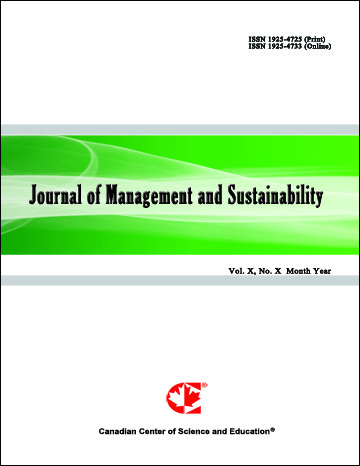The Lifecycle of a Voluntary Policy Innovation: The Case of Local Agenda 21
- Marta Pinto
- Marta Macedo
- Pedro Macedo
- Conceição Almeida
- Margarida Silva
Abstract
Local Agenda 21 (LA21) emerged 23 years ago as a voluntary policy innovation for local governments aiming at sustainability and has now completed its lifecycle. We aim at a second look at LA21 from the standpoint of the institutional and innovation diffusion theories and with Portugal as case study. Results show a three moment lifecycle for LA21, each with distinct diffusion patterns. The Dawn, stymied by lack of regional and national leadership, was likely fuelled by a learning mechanism. It lasted 10 years and involved a mere 1% of the potential adopters. The Zenith took place when other countries had already come full circle. During this phase27% of the local governments became active and both coercion and competition stand out as relevant engines. Twilight, most probably powered through coercion, competition and imitation mechanisms, took LA21 to a steady statewith an additional 19% of local governments enrolling. Since then LA21 has shown departures in several different directions, including oblivion. We speculate, based on preliminary data that,although most LA21 are no longer active, a durable setting was created that promotes further innovation and public participation.
- Full Text:
 PDF
PDF
- DOI:10.5539/jms.v5n2p69
Journal Metrics
Google-based Impact Factor (2021): 1.54
h-index (July 2022): 37
i10-index (July 2022): 147
h5-index (2017-2021): 12
h5-median (2017-2021): 19
Index
- Academic Journals Database
- ANVUR (Italian National Agency for the Evaluation of Universities and Research Institutes)
- CAB Abstracts
- CNKI Scholar
- EconBiz
- Excellence in Research for Australia (ERA)
- GETIT@YALE (Yale University Library)
- Harvard Library
- HeinOnline
- Infotrieve
- JournalTOCs
- LOCKSS
- MIAR
- PKP Open Archives Harvester
- RePEc
- Scilit
- SHERPA/RoMEO
- Stanford Libraries
- UCR Library
Contact
- Evelyn XiaoEditorial Assistant
- jms@ccsenet.org
